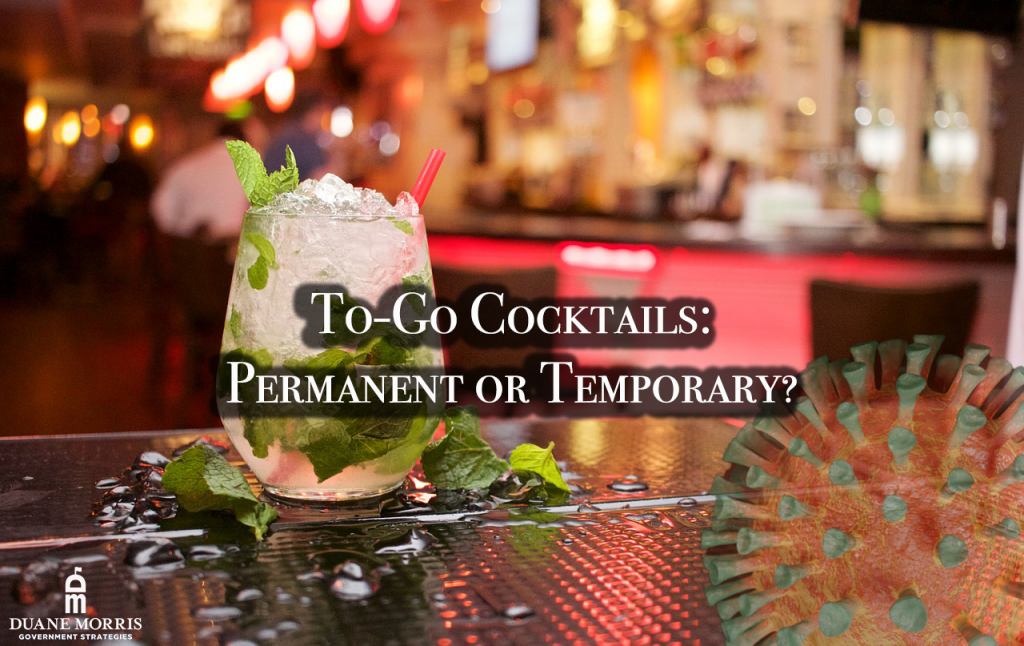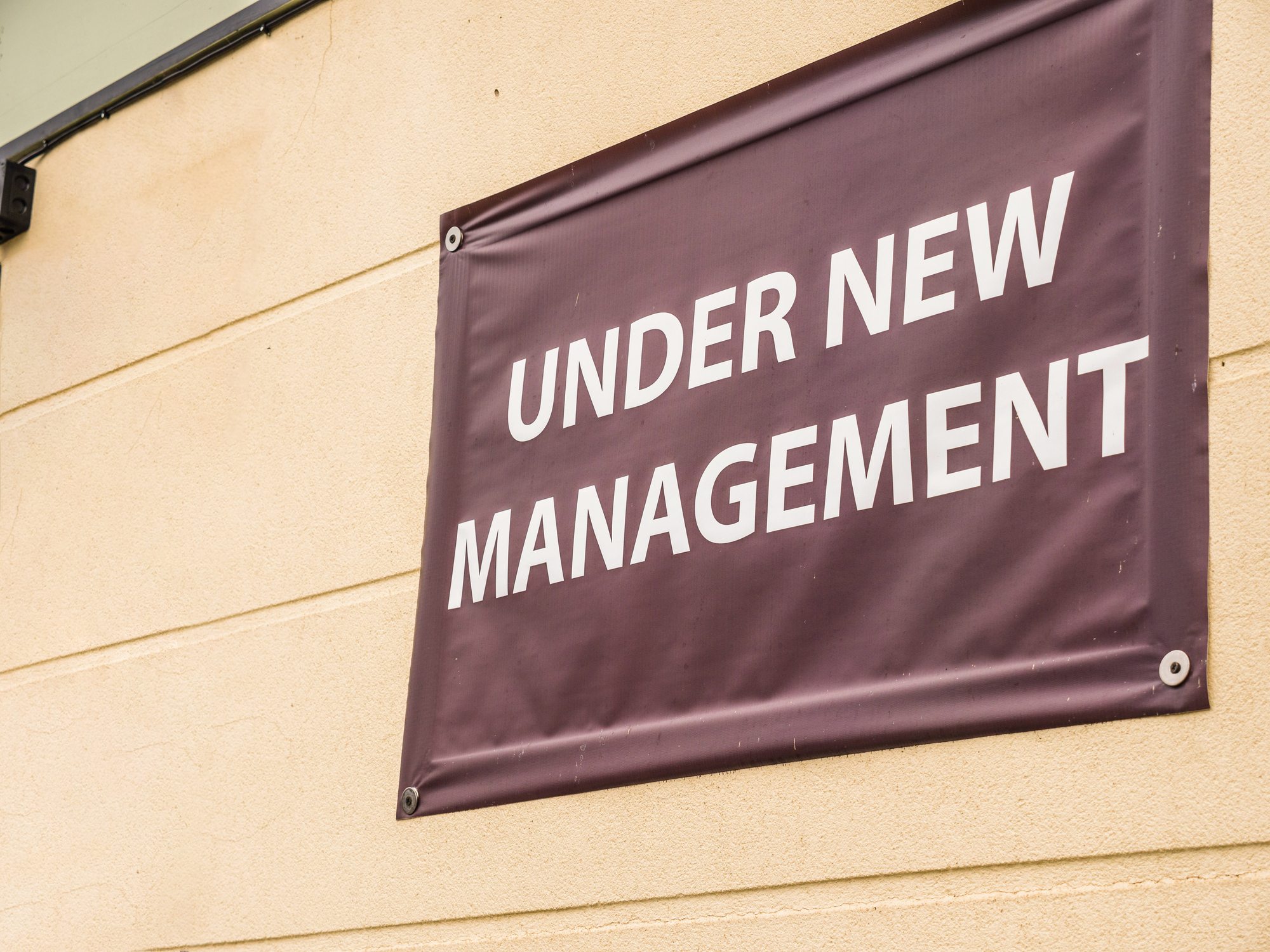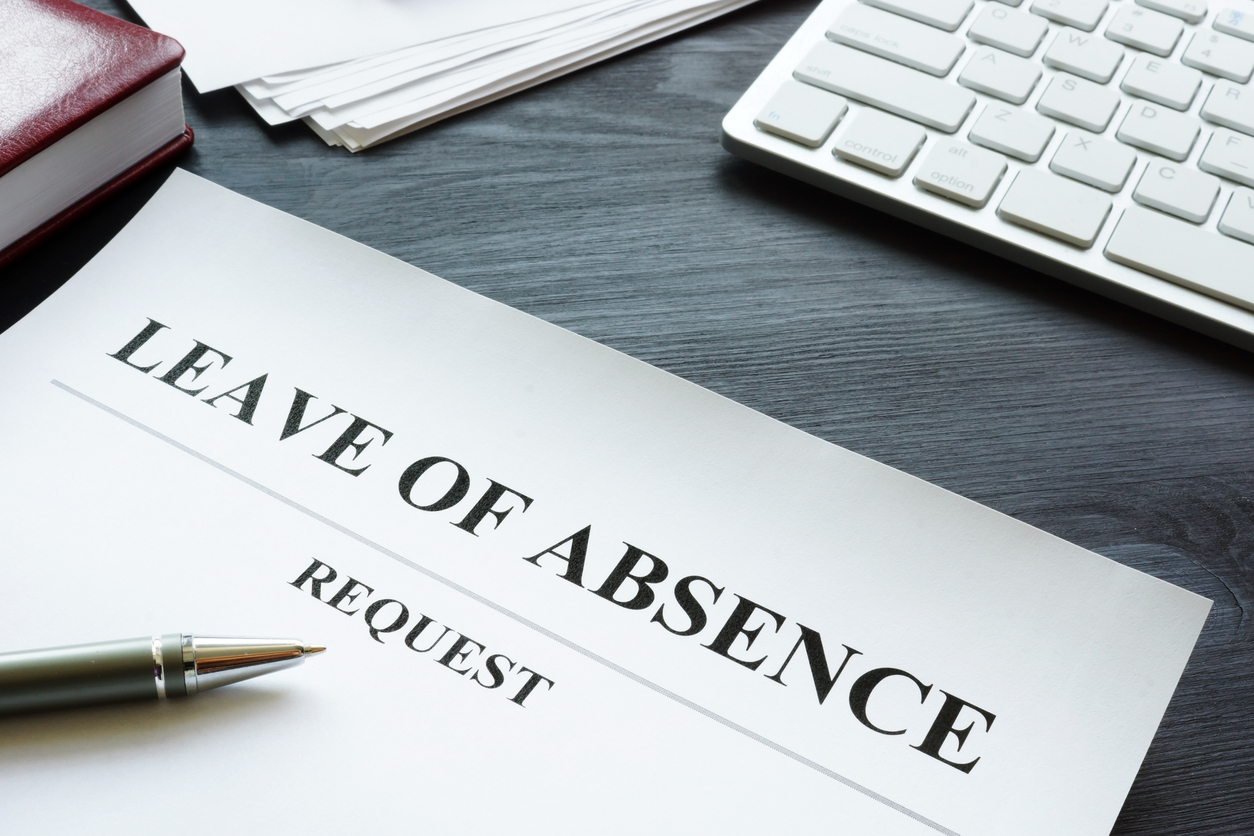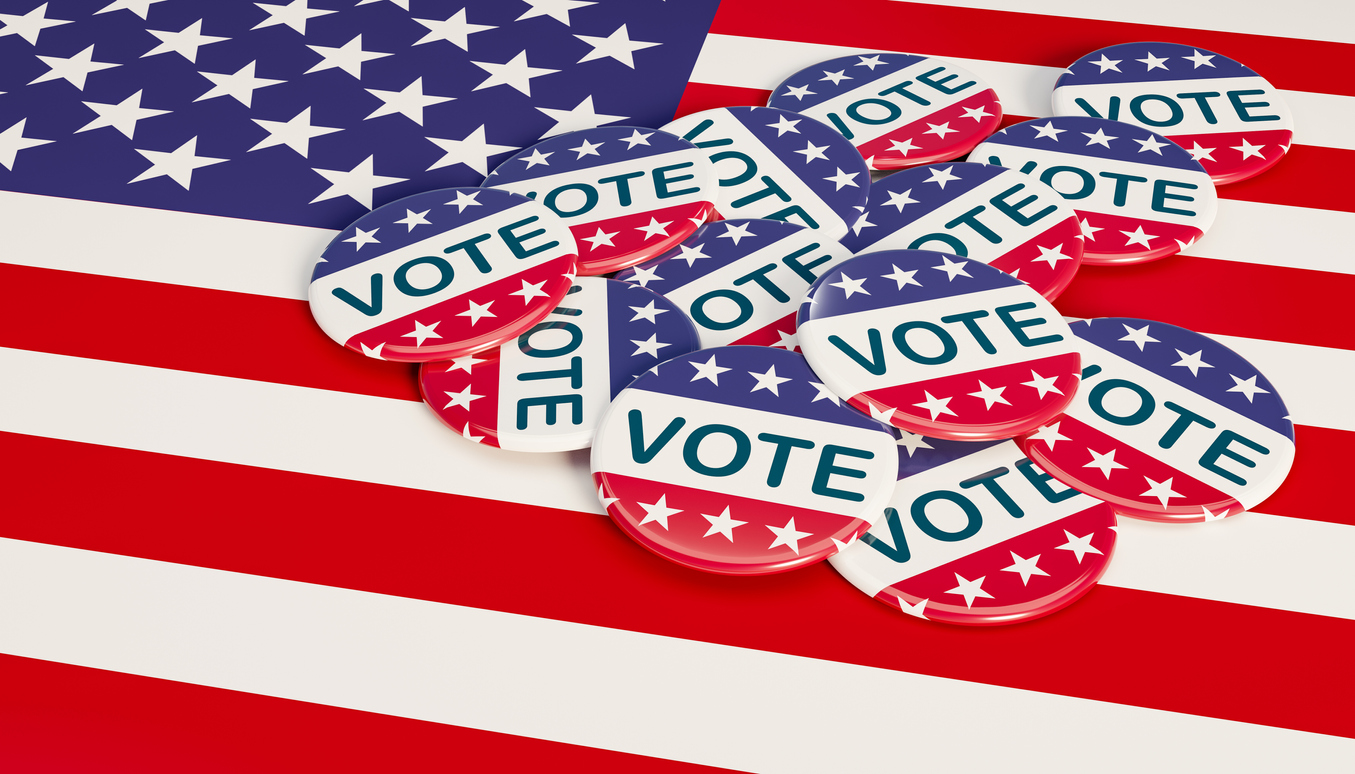
Last year, we looked at states navigating liquor law changes during the pandemic and whether or not to-go cocktails would be allowed. During the recent holiday season, many governors clamped down on COVID-related restrictions to prevent coronavirus spread. In doing so, restaurants and bars were impacted and, in many states, forced to shutter indoor operations. To stay afloat, restaurants had to rely on take-out and to-go orders. Traditionally, cocktails to-go were prohibited, but that is changing amid the pandemic.
When states implemented new restrictions throughout 2020, some began allowing the sale of to-go cocktails. The Distilled Spirits Council of the United States reported that two states – Florida and Mississippi – allowed to-go cocktails on a limited basis before COVID-19. By August of 2020, that number shot up to more than 30 states.
The National Restaurant Association recently released a 2021 Top Restaurant Trends report that found a third of off-premises customers over the age of 21 included an alcoholic beverage with a take-out, or delivery order since COVID-19 started will continue that trend moving forward. The Association also reported the entire restaurant industry in 2020 was down $240 billion in sales and $2.5 million employees out of work.
The ability to sell alcoholic drinks to-go be a way to help recoup some of the losses the industry saw in 2020. A 2019 survey by the Restaurant Association found that 56% of adults would order drinks with their take-out order from a restaurant if allowed.
Minnesota
Minnesota lawmakers passed a COVID-19 relief bill for businesses in mid-December during a special session. State senators attempted to amend the bill before final passage to allow cocktails to-go, something Governor Tim Walz appeared open to doing if lawmakers agreed on it. The amendment would have allowed take-out growler sales and cocktails to-go but failed by a 35-31 vote. Some lawmakers expressed concerns over open container laws and insurance liability when discussing to-go cocktails.
Governor Walz ordered bars and restaurants, among others, to close for four weeks starting before Thanksgiving, the second time these establishments had to cease in-person service since the pandemic began.
The legislature earlier in the year approved legislation temporarily permitting restaurants to temporarily offer to-go beer and wine with take-out orders, albeit with restrictions. Under the bill approved by lawmakers in April, alcohol can only be served with food orders in its original and unopened packaging. Further, sales are capped at 72 ounces of beer, cider, or hard seltzer and 750 milliliters of wine per order. The bill also requires those picking up the order to be over 21 years of age.
Missouri
Governor Mike Parson began allowing the sale of mixed drinks to-go in 2020. Under a revised waiver issued by the Missouri Division of Alcohol and Tobacco Control, the practice of selling mixed drinks to-go will end on March 31. However, some lawmakers want to extend the sale of alcoholic drinks to-go past the end of the emergency and pandemic.
Senate Bill 283 was introduced in early January, which would make cocktails to-go permanent in the state. Specifically, the bill allows the sale of liquor in a container other than the manufacturer’s original package, providing that the:
- Container is leak-proof and sealable;
- Consumer orders and purchases a meal at the same time as they purchase the liquor;
- License holder provides the consumer with a dated receipt; and
- Sealed containers are placed in a separate, transparent bag sealed, or the opening to the sealed container has been separately sealed with tape.
North Carolina
In December, Governor Roy Cooper signed Executive Order No. 183. The Order outlines the benefits of allowing to-go or delivery sales of mixed beverages. One of the outlined benefits of allowing cocktails-to-go is that doing so decreases customer-customer interactions and customer-employee interactions, significantly reducing the likelihood of viral spread of the coronavirus. Allowing cocktails-to-go also reduces the number of people in places such as bars, restaurants, hotels, private clubs, and distilleries, thereby also reducing the likelihood of viral spread of the coronavirus.
The Executive Order temporarily applies to the following mixed beverage permittees: restaurants, hotels, private clubs, private bars, holders of distillery permits; or sold by distilleries authorized to sell without a mixed beverage permit, beverages containing spirituous liquor produced only at that distillery. The Order also stipulates that no more than one mixed drink at a time is allowed to be purchased but does not prevent multiple people at the same address or multiple people in the same group from each ordering one mixed drink. Also, every person who placed an order must be present to receive their drink.
The Order further outlines rules for the containers which the alcohol comes in. Mixed drinks delivered or taken to-go must be in a sealed container and not allowed to be opened until they reach the purchaser’s final location. Each container sold must have a non-broken seal, shall not exceed 750 milliliters, and shall not contain more than the standard size of a mixed drink sold by the seller for on-premises consumption. All containers must also be labeled and include the drink name or type of liquor in the drink, the quantity of the liquor, name of the person sold to if delivered, and a statement indicating the contents shall not be purchased by, possessed by, or given to, anyone under the age of 21 years.
Ohio
In April, Ohio Governor Mike DeWine issued an order allowing establishments with an existing liquor license to sell or deliver alcohol for off-premise consumption if the drink was closed or sealed. Allowing to-go alcoholic beverages later became permanent when Governor DeWine signed House Bill 669 into law in mid-October, making Ohio the second state to make cocktails to-go permanent in response to COVID-19.
The new law allows bars, restaurants, small breweries, micro-distilleries, and wineries that are qualified permit holders to sell alcoholic beverages in sealed, covered cups, or other containers, for consumption off-premises (including delivery).
Under the bill, a qualified permit holder is allowed to sell alcoholic beverages to-go only if they are authorized to sell alcoholic beverages under their permit, and they also sell a meal with the alcoholic beverage(s). However, the bill limits no more than three to-go alcoholic drinks for each individual per meal. Governor DeWine’s previous order only allowed two alcoholic drinks per meal. Further, the permit holder or their employee must ensure that the consumer of any alcoholic beverage is over 21 before delivering an alcoholic beverage.
The bill also expands the liquor permit premises’ sales area through the end of 2022. Specifically, the license holder may sell alcoholic beverages by the individual drink in any area of their property where sales are not currently authorized and is outdoors (i.e., parking area), in any outdoor area of public property that is immediately adjacent to the permit holder’s premises if they obtain written consent from the local government that owns the property, and in any outdoor area of private property that is immediately adjacent to the permit holder’s premises if the owner of the property provides written consent.
Oregon
Business owners began asking lawmakers to allow to offer cocktails or cocktail kits to-go in April 2020 but did not get their wish until December. SB 1801 was introduced during the Oregon legislature’s 3rd special session of 2020. Currently, a full on-premises sales license from the Oregon Liquor Control Commission (OLCC) allows the license holder to sell wine, malt beverages, cider, and distilled liquor by the drink for consumption on-premises with certain exceptions for consumption off the licensed premises only for malt beverages, wines, and cider.
The bill, signed into law by Governor Kate Brown, allows a holder of a full on-premises sales license to sell and deliver mixed drinks or single servings of wine for off-premises consumption if sold in a sealed container. The bill applies during the declared COVID-19 state of emergency and limits the fees that a third-party food platform (i.e., DoorDash, GrubHub, etc.) may charge a restaurant for food and beverage orders.
Pennsylvania
In May, Governor Tom Wolf signed House Bill 327, temporarily allowing the sale of cocktails to-go from bars, restaurants, or hotels with a liquor license. However, this temporary rule expires after the COVID-19 disaster emergency ends and a business reaches 60% capacity.
In the Pennsylvania legislature, lawmakers sent out cosponsor memos for legislation to allow ready-to-drink cocktails in the Keystone State. A bill in the state House, former HB 2890 from the last session, would allow businesses holding an R, H, or D license to sell cocktails to-go. The memo notes ready-to-drink cocktails are manufactured, pre-packaged beverages containing liquor and mixed products, and available at the state liquor stores. However, the bill would grant distributors the right to source and wholesale ready-to-drink cocktails directly to qualifying licensees in the same manner as malt, and brewed beverages are sourced and sold today. A similar piece of legislation is being proposed in the state Senate.
Texas
As we mentioned last year, Texas has implemented new alcohol laws in recent years before COVID-19. In mid-March, Governor Greg Abbott issued a waiver allowing for restaurants to deliver alcoholic beverages. The waiver includes beer, wine, and mixed drinks, but restaurants can only deliver them if they accompany a food purchase. Restaurants may only sell alcohol in the original sealed container, and all distilled spirits must be 375 milliliters or less.
Abbott took further steps, allowing for alcohol to-go sales to continue after May 1, and indicated on his Twitter that Texas may keep this practice moving forward post-COVID-19. However, lawmakers were not in session in 2020 and recently returned to Austin to address issues such as making cocktails to-go a permanent thing.
Measures to make cocktails to-go permanent in Texas were introduced by lawmakers in both legislative chambers in early January: SB 298 and HB 1024.
Wisconsin
Wisconsin lawmakers circulated a cosponsor memo last week for a bill to address cocktails to-go. The bill, which lawmakers hope could make it to the Senate floor by the middle of February, would apply to bars and restaurants with a Class B license to sell wine and spirits on-premise. The bill would now allow such establishments to sell cocktails and wine to-go in tamper-evident sealed containers.
Latest News
In this episode of the Back in Session podcast, hosts Ryan Stevens and Ryan DeMara sit down with Terra McClelland, President of the State Government Affairs Council (SGAC) and Vice President of Government and External [...]
Photo credit: iStock.com/yevtony Last week, the National Governors Association (NGA) elected Utah Governor Spencer Cox (R) as its new Chair and Colorado Governor Jared Polis (D) as NGA Vice Chair. Cox succeeds New Jersey Governor [...]
Photo credit: iStock.com/designer491 Various kinds of leave exist for workers, such as family leave, sick leave, parental leave, and vacation leave. In addition to these more traditional types of leave, after the Covid-19 pandemic, state [...]
Photo credit: iStock.com/Torsten Asmus Texas voters have already submitted their ballots for the 2022 primary election. More states have their primary elections on the horizon. With the 2022 primary election season nearly upon us, many [...]






Stay In Touch